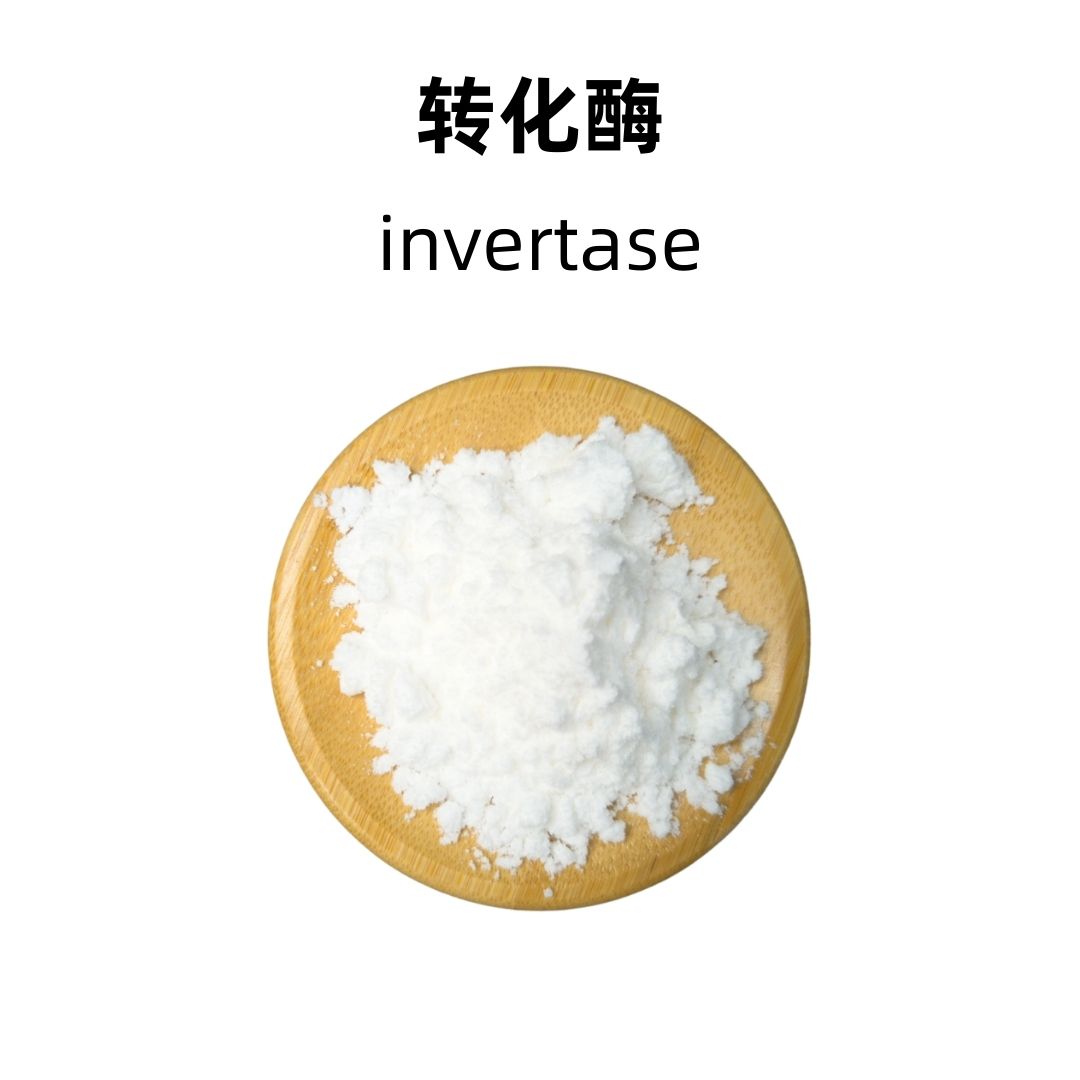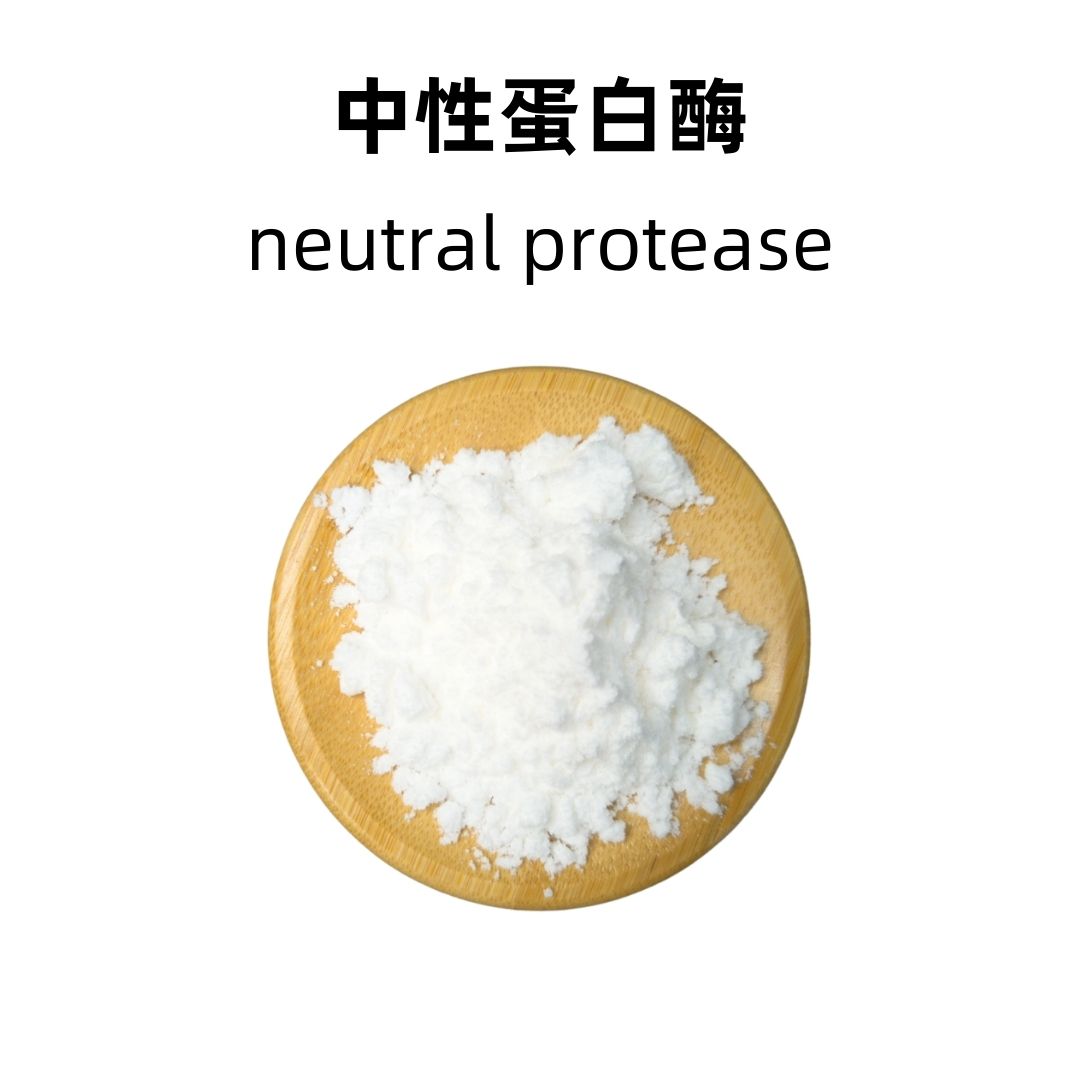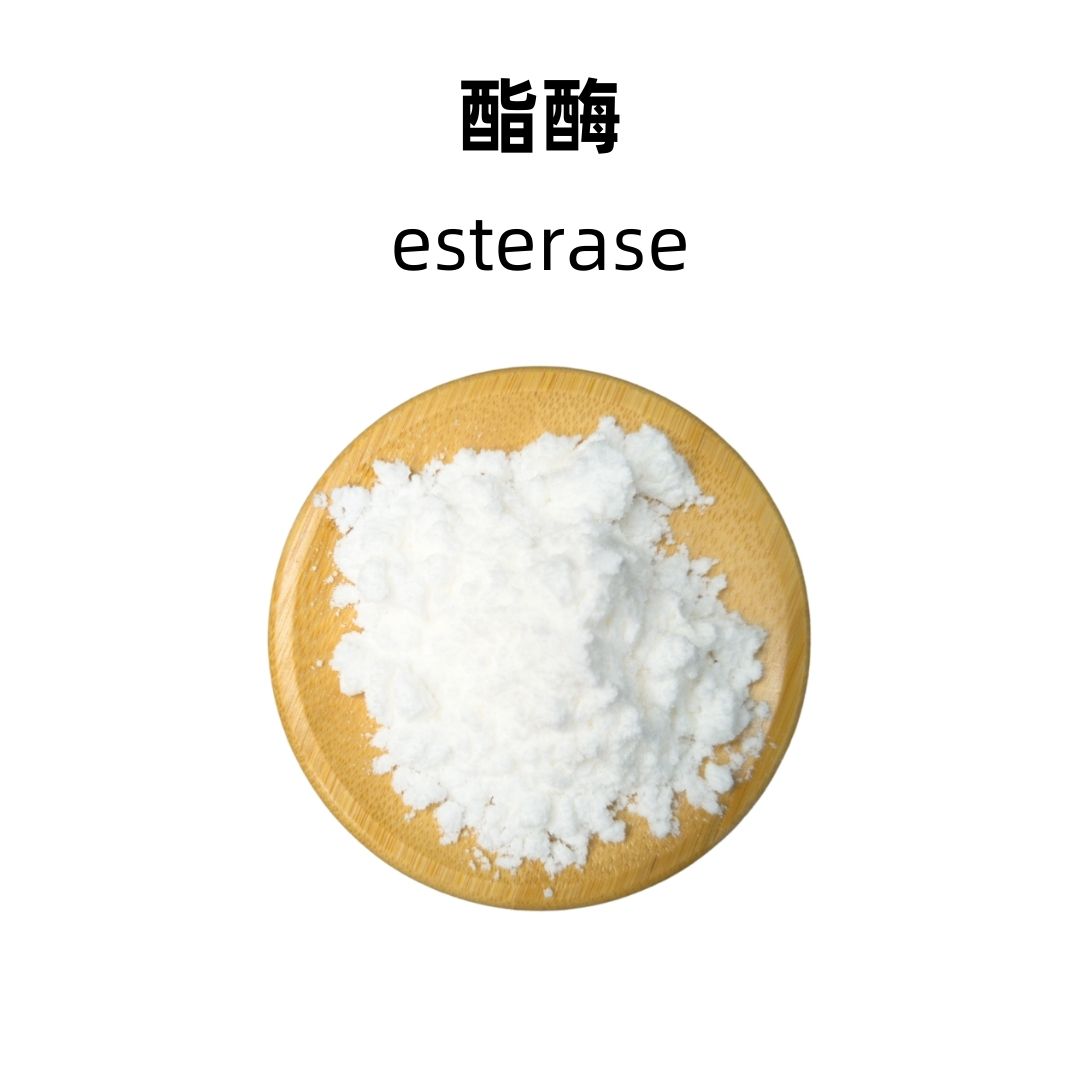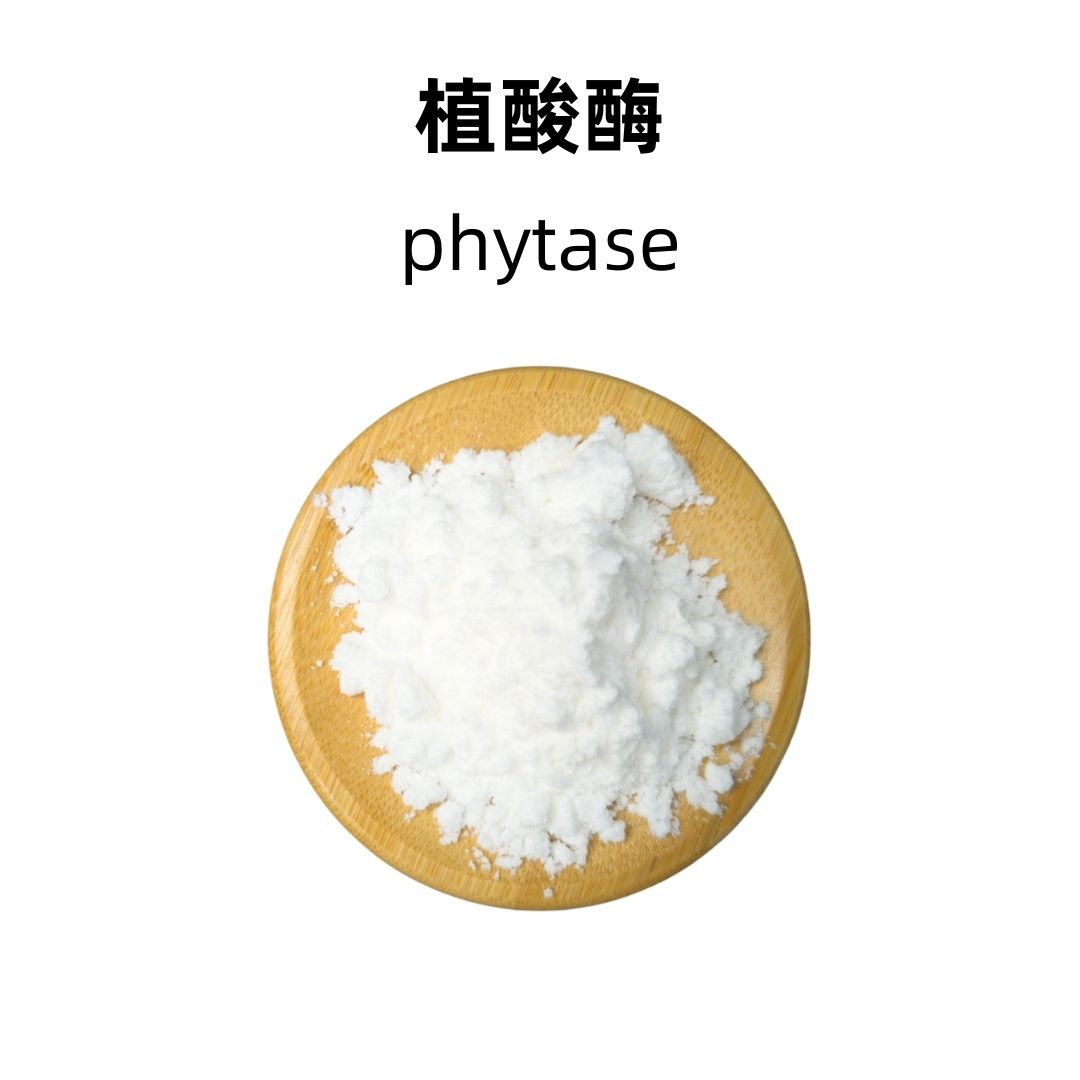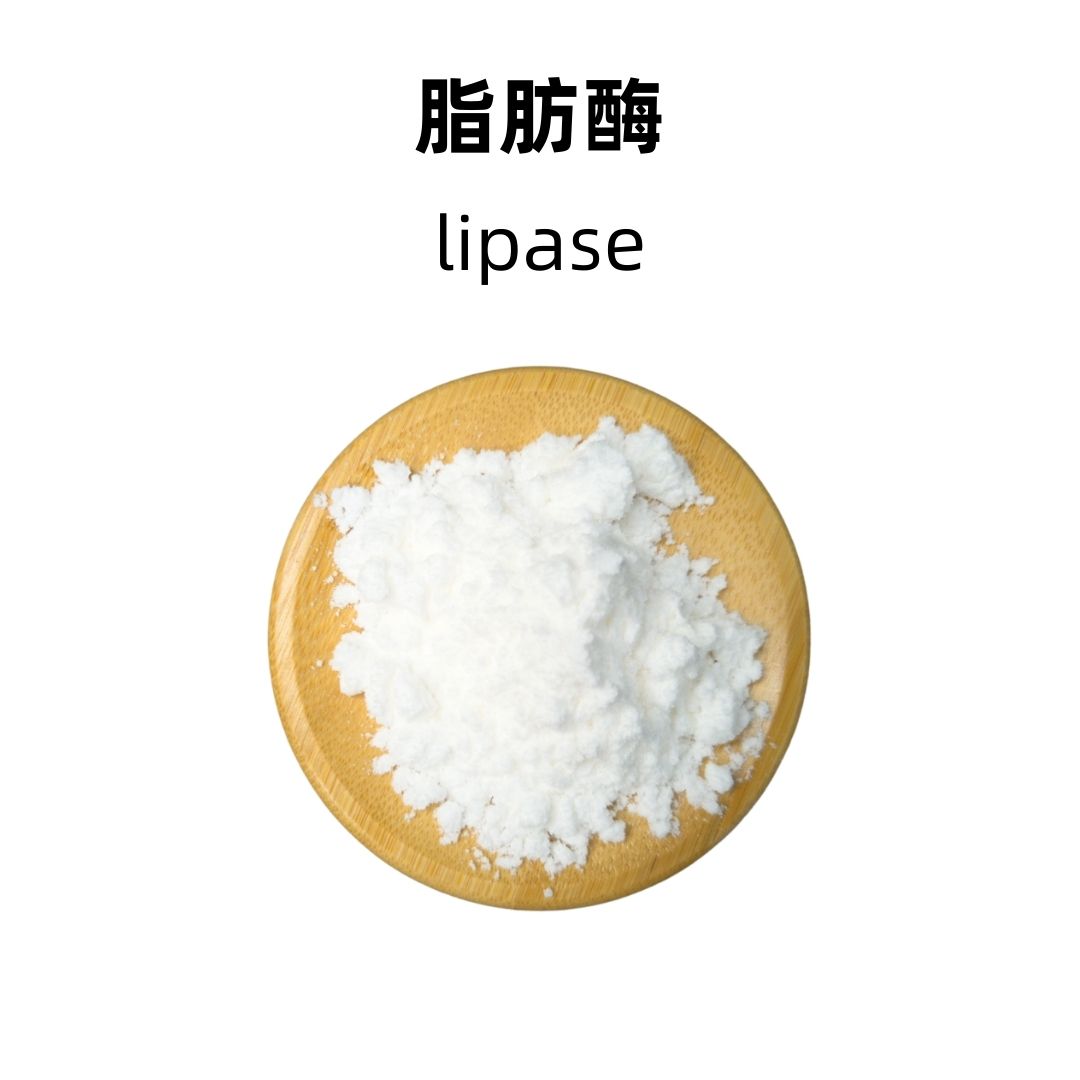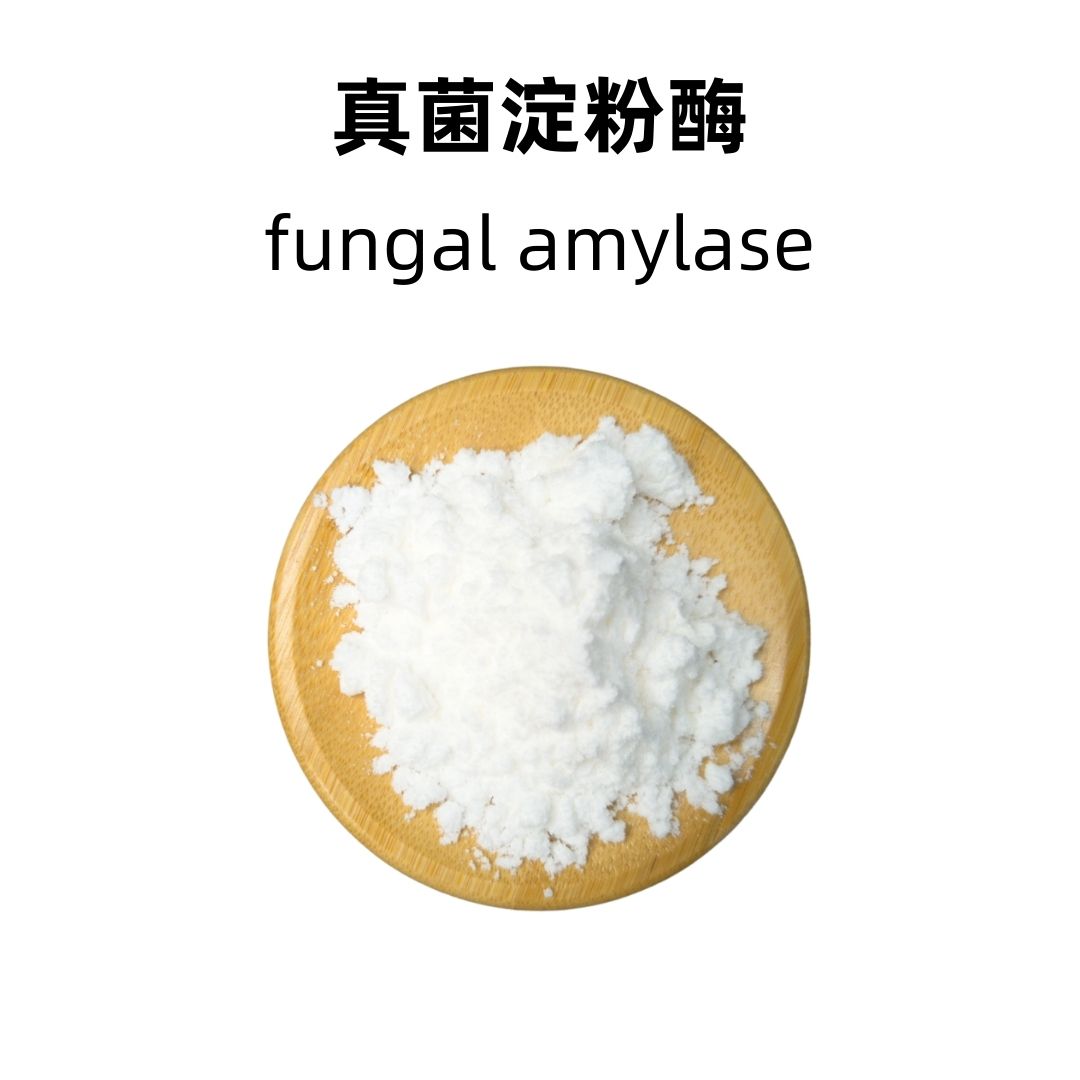Product Introduction
Xylanase is an enzyme that catalyzes the hydrolysis of xylan, which is a hemicellulose found in the cell walls of plants. This enzyme breaks down complex xylans into simpler sugars like xylose. It is produced from various microorganisms, including bacteria and fungi. Xylanase plays a significant role in several industries, particularly in the food sector, where it improves the quality and digestibility of products.
Production Process
Xylanase is usually produced through fermentation processes involving specific strains of microorganisms. These microorganisms are cultured in a controlled environment that allows for optimal growth and enzyme production. After fermentation, the enzyme is extracted, purified, and concentrated through various methods such as filtration and precipitation. The final product is then dried and processed to ensure a stable enzyme product.
Effects and Functions
The primary function of xylanase is to break down xylan polymers into xylose and other sugars. This action increases the availability of sugars for fermentation processes, which is essential in the production of biofuels. In animal nutrition, xylanase improves the digestibility of feed ingredients, leading to better nutrient absorption and growth rates. It also has applications in bread-making and other food production, where it enhances texture and volume.
Application Scenarios
Xylanase is commonly used in the baking industry to improve dough handling and bread quality. In animal feed, it is incorporated to enhance the nutritional value of feed, especially in monogastric animals. The enzyme is also applied in the production of bioethanol, where it helps break down plant materials into fermentable sugars. Other applications include textile processing, where it aids in the removal of hemicellulose from fabrics.
Packaging and Storage
Storage Conditions: The product should be sealed, protected from light, kept away from high temperatures, and stored in a dry, cool, and well-ventilated place.
Packaging: Available in bulk, 25 kg per fiber drum. Sample size: 1 kg per aluminum foil bag. Custom packaging can be requested.
Shipping Methods: Options include FedEx, DHL, dedicated logistics, and sea freight consolidation.
Shelf Life: Two years under proper storage conditions.
Monica Sun possesses extensive technical expertise and market insights in the food additives industry. She excels in designing efficient and safe additive formulations tailored to various food applications, ranging from sweeteners to functional dietary fibers. Monica has successfully assisted food manufacturers in optimizing ingredient combinations to enhance product quality and improve consumer satisfaction.









